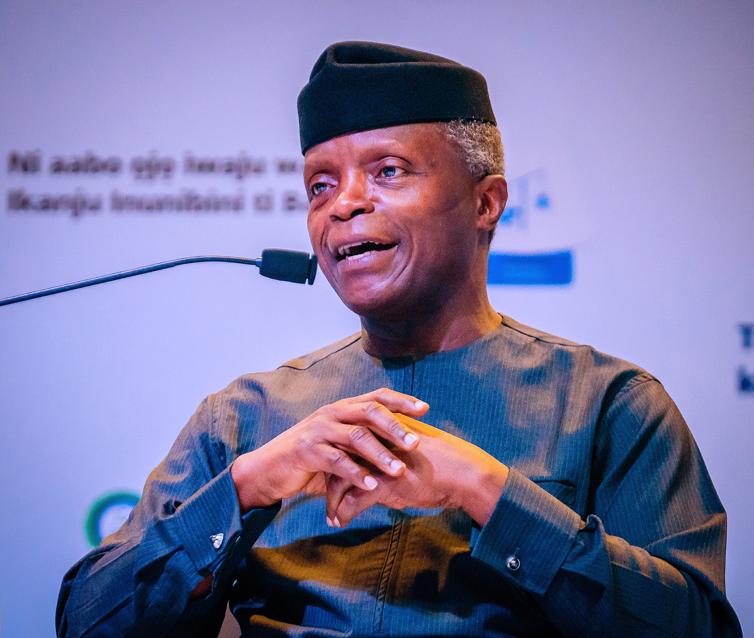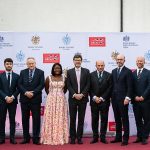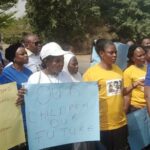
Vice President Yemi Osinbajo on Monday affirmed that Africa would overcome its current governance and human rights challenges.
He also decried the spate of human rights abuses, blaming it on the lack of a proper enforcement mechanism either at the domestic or continental level.
Osinbajo spoke at the opening of the 2022 Judicial Year of the African Court on Human and Peoples’ Rights in Arusha, Tanzania, where he was the special guest of honour.
The Senior Special Assistant to the Vice President on Media and Publicity, Laolu Akande, disclosed this in a statement he signed on Monday titled ‘How to guarantee the Africa we want, by Osinbajo at African Court’s first-ever formal yearly opening in Arusha.’
The Vice President who spoke on the theme ‘The African Court and The Africa we want’ said, for Africa to achieve the desired level of attainment, issues such as poverty, socio-economic rights, environmental and sustainable development alongside concerns about democracy and unconstitutional changes of governments, must be dealt with.
He said, “The Africa we want is one that addresses, amongst others, humanity’s most pressing concerns of eradication of poverty, hunger and disease; the sustenance of democracy and the rule of law; sustainable development, especially dealing with challenges of climate change and application of finite resources for economic growth and diversification; human security and peace.”
Osinbajo expressed optimism that “Africa will overcome its current governance and human rights challenges.”
He, however, decried “the lack of a proper enforcement mechanism, either at the domestic or continental level, notwithstanding the Ouagadougou Protocol’s mandate on the AU Executive Council,” describing it as one of the challenges Africa must work hard to resolve.
The Vice President also identified other challenges as “the reluctance of some States to respect the Court’s orders of interim measures, not to mention funding problems in the face of competing financial needs within the AU system.”
He proposed that the African States must find some common grounds moving forward.
“There might be a need for further interaction between the court and member States and civil society on how to work through these issues. The general reluctance of States to concede sovereignty is not peculiar to the African States. But we can be more creative about complementarity, for example,” he added.
He also commended the African Court of Human and People’s Rights for the Afrocentric development of human rights jurisprudence, noting that the African Court was already playing its role.
For instance, he mentioned that the Court had required States to uphold rights and principles of fairness, transparency, and inclusiveness in elections during the COVID-19 pandemic while noting its declaration that states should not use the postponement of elections to “unduly” prolonged elected officials’ term of office.
At the event also attended by the Prime Minister of Tanzania, Kassim Majaliwa, who represented President Samia Hassan, the President of the Court, Imani Aboud, declared the 2022 Judicial Year opened, explaining the rationale for the first-ever formal opening of the yearly session of the Court, including the need to boost the visibility of the Court and engaging its stakeholders.
Copyright PUNCH.
All rights reserved. This material, and other digital content on this website, may not be reproduced, published, broadcast, rewritten or redistributed in whole or in part without prior express written permission from PUNCH.
Contact: [email protected]













